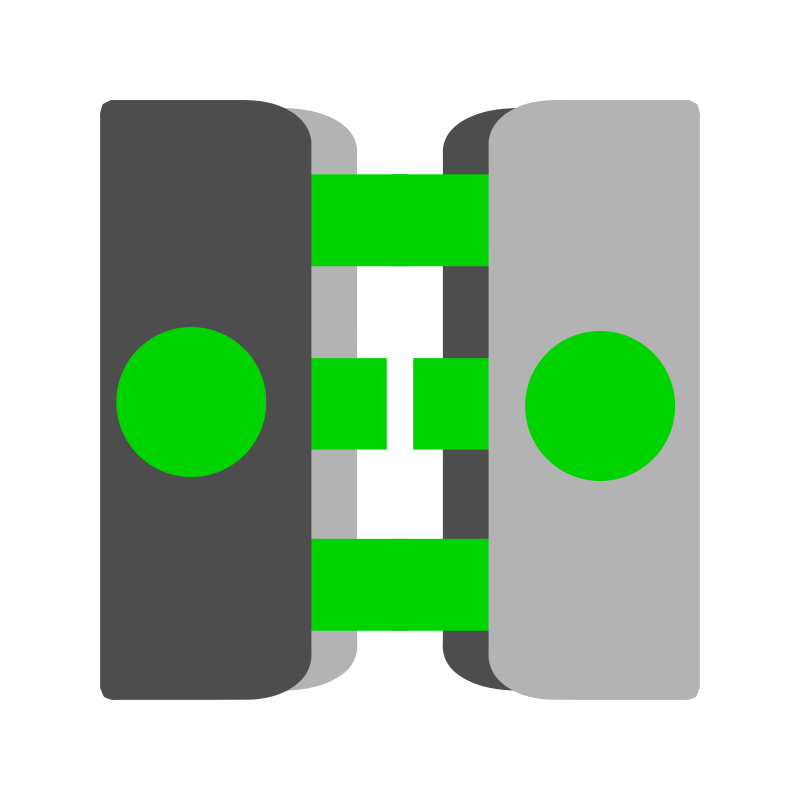Understanding Complex Numbers in Algebra
Complex numbers extend the real numbers by including the imaginary unit \( i \), where \( i^2 = -1 \). They are used to solve equations that have no real solutions.
What is a Complex Number?
A complex number is written as \( a + bi \), where \( a \) and \( b \) are real numbers and \( i \) is the imaginary unit.
Operations with Complex Numbers
- Addition: \( (a + bi) + (c + di) = (a + c) + (b + d)i \)
- Multiplication: \( (a + bi)(c + di) = (ac - bd) + (ad + bc)i \)
Complex Conjugate
The conjugate of \( a + bi \) is \( a - bi \). It is useful for dividing complex numbers.
Modulus and Argument
The modulus is \( |a + bi| = \sqrt{a^2 + b^2} \). The argument is the angle the number makes with the real axis.
Practice Problems
- Simplify \( (2 + 3i) + (4 - 2i) \).
- Multiply \( (1 + i)(2 - 3i) \).
- Find the modulus of \( 3 - 4i \).
📋
Contents
↑
